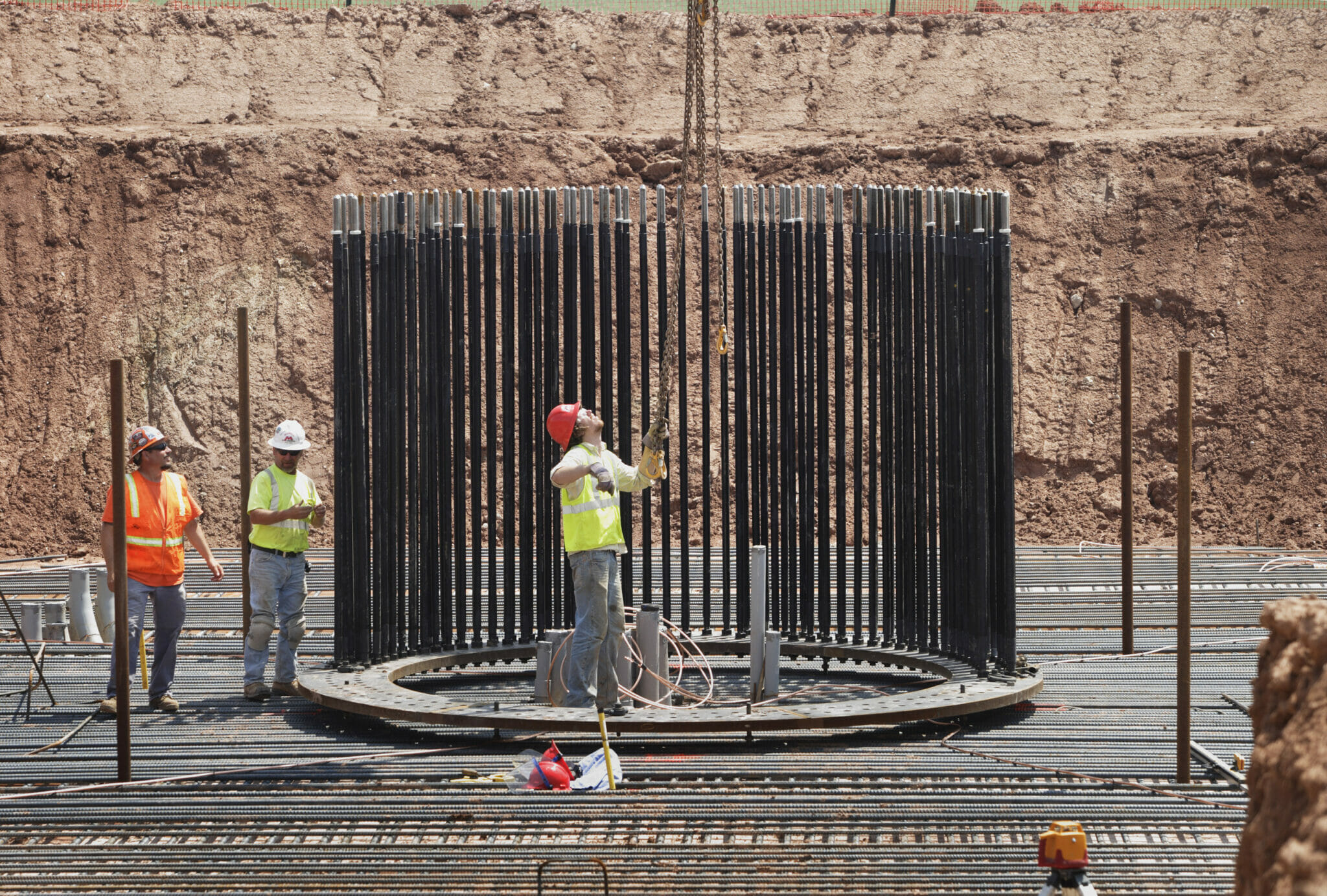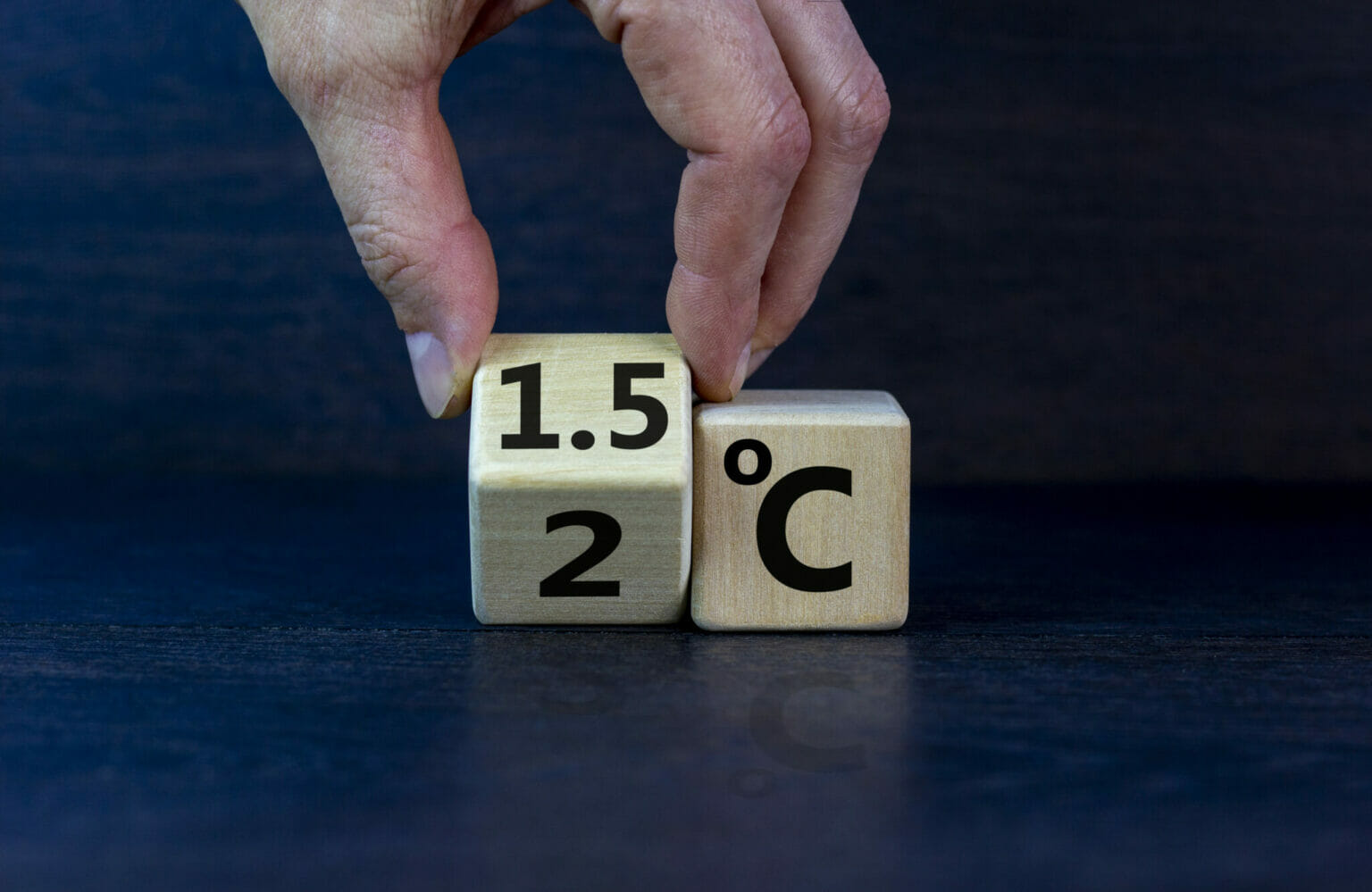“It’s now or never” if we want to limit global warming to 1.5 degrees Celsius and avoid the worst impacts of climate change, said scientist Jim Skea, a co-chair of the new Intergovernmental Panel on Climate Change report released Monday. And how exactly do we keep the 1.5C target in reach? In an unprecedented development, the IPCC declared that fossil fuels have got to go, and fast. “It’s game over for all fossil fuels” was how Channel 4 in the UK summarized the report.
Some newsrooms may be tempted to think that this IPCC report has now been fully covered; after all, it had its one-day news cycle. But this report’s findings are so far-reaching and run counter to so much conventional thinking about climate change, that the day-one stories should only be the beginning.
Start with this stunning fact: For the first time in its 34 year history, the IPCC declared that no new fossil fuel infrastructure must be built. That means no new gas pipelines, no new oil drilling or refineries, no new coal mines or power plants — no new production facilities for the fossil fuels that still supply nearly 80 percent of the world’s energy consumption. And the IPCC Working Group 3 Report went further, stating that even some existing fossil fuel infrastructure will have to be shut down to hit the 1.5 degree C target.
The good news, the scientists added, is that humanity has in hand nearly all of the technologies needed to replace fossil fuels, and clean energy is actually cheaper. The problem, according to the report, is that certain governments and business interests nevertheless continue to prefer and profit from fossil fuels — ”the silent killers destroying our planet,” in the words of Deutsche Welle’s story about the report.
The IPCC’s call to rapidly end the fossil fuel era carries staggering implications for the economies and therefore the politics of every country and community on earth. It is also a de facto endorsement of the demands of climate activists around the world, further intensifying the pressure on governments to take aggressive action. UN Secretary-General António Guterres, in a statement accompanying the report, blasted both the fossil fuel industry and the governments that bend to its will, calling them “truly dangerous radicals” who are “lying”and “putting us firmly on track toward an unlivable world.” Guterres urged people to join youth activists, civil society, and Indigenous communities in building “a mass movement that cannot be ignored.”
That’s a lot of news, and it only scratches the surface of this report’s findings and implications. If you need to get up to speed fast, some of the best stories from the first batch of coverage can be found at The Washington Post, the Guardian, the AP, and El País (available in both Spanish and English). For an in-depth analysis of the report’s key findings, check out this overview from Carbon Brief. There’s plenty more fresh reporting to be done that jumps off the report.
To get you started, here are some key questions to consider as you develop stories:
- The report finds that the world already has the technology needed to address climate change but that political will and fossil fuel interests are key barriers. How, exactly, are politics and the fossil fuel industry standing in the way? What is needed to overcome these barriers?
- How is the war in Ukraine linked to the world’s dependence on fossil fuels, energy security, and the need for a fast transition to green energy as outlined in this report?
- The report concludes that we have options in all economic sectors to at least halve emissions by 2030. What kind of changes are needed in each sector, what solutions are in progress, and what barriers must be overcome?
- The IPCC says that some CO2 will have to be removed from the atmosphere to hit the 1.5 degree C target, but it emphasizes that such removal must not be a substitute for ongoing emissions reductions. What are the best approaches to CO2 removal (hint: keep trees standing), and how does it differ from carbon capture and storage?
From us
Explainer: What do we mean when we talk about 1.5 degrees C? Learn more about the importance of that target, the forces standing in the way of achieving it, and what it means to live in a 1.5 degree C, or even warmer, world. Take me there.
Noteworthy stories
Land rights. A growing body of research shows that Indigenous peoples’ land rights must be protected in order to reach international climate goals. Millions of acres of tribal lands in Central and South America are crucial to protecting biodiversity and sequestering carbon. By Katie Surma at Inside Climate News…
California. The climate costs for communities in the Golden State are higher than for most of the rest of the US. This radio documentary features local voices and diverse perspectives about how to deal with rising seas, the clean energy transition, and more — including beavers’ miraculous ability to conserve scarce water. By California Newsroom via KPBS…
MENA. The Middle East and Central Asia are suffering climate disasters more frequently and severely than any other region on earth, according to a study by the International Monetary Fund, reports Al Jazeera…
Compound crises. Higher fuel and food costs, political conflict, and climate instability are moving about a quarter of Africans into severe food insecurity and hunger. By Ayenat Mersie for Reuters…
Rollback reversal. The Biden administration is reversing a Trump rollback of fuel efficiency standards for automobiles. The move is expected to save consumers $192 billion in fuel costs for new vehicles sold in 2030. By Amanda Maile at ABC News…
Republication Recommendations
The following stories deserve special consideration for republication by CCNow partners:
- IPCC: We Can Tackle Climate Change if Big Oil Gets Out of the Way – the Guardian, as part of their ‘Climate Crimes’ series with CCNow
- Climate Scientists Are Desperate: We’re Crying, Begging and Getting Arrested – op-ed by Peter Kalmus for the Guardian
- Climate Crisis Forecasts a Fragile Future for Wildflowers and Pollinators – Mongabay
For partner outlets: To submit stories for sharing, please use this form. As always, instructions for republishing and the full list of stories available for republication can be found in our Sharing Library.
Odds & Ends
Events. Join the Peasant & Indigenous Press Forum on April 19 for a conversation centering Indigenous and grassroots groups at the frontlines of food and climate crises. Learn more and register here.
Tracking pollution. SEJ writes in their ‘Reporter’s Toolbox’ about the EPA’s newly launched email notification service that sends updates on the environmental enforcement or compliance status of US industrial plants. Learn more.
Photo essays. High Country News is looking for proposals to fund two photo essays that will appear in its magazine. Learn more.
Jobs. Climate Home News is looking for a social media manager, as well as freelance pitches. WBUR in Boston is hiring a climate and environment reporter and an environment editor. Marketplace Morning Report is recruiting an executive producer.
If you have any feedback on this newsletter, or know of information that should be included here, shoot us a note at editors@coveringclimatenow.org

